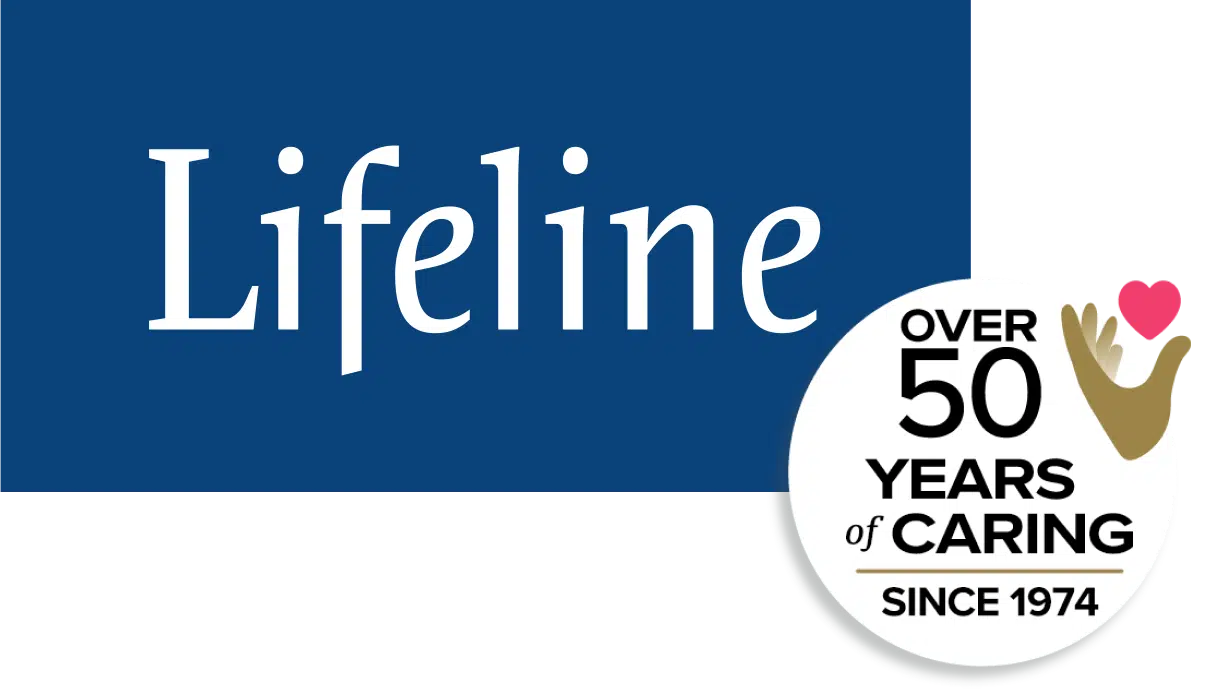Chronic conditions can significantly impact the daily lives of individuals, often necessitating constant monitoring and support. For many, the integration of medical alert systems, like Lifeline, has proven to be a crucial tool in managing these conditions. By offering immediate assistance, continuous monitoring, and various advanced features, these systems support safety, independence, and peace of mind.
Enhancing Safety and Independence with Medical Alert Systems
Medical alert systems play a vital role in enhancing the safety and independence of those living with chronic conditions. They provide various functionalities that ensure users can maintain their daily activities with confidence and security.
Immediate Assistance in Emergencies
One of the primary advantages of medical alert systems is their ability to provide immediate assistance during emergencies. Whether an individual experiences a fall, a sudden medical issue, or any other crisis, the push of a button connects them to a live operator. For Lifeline Canada, this connects you to our professionally trained Personal Response Associates who respond to calls 24/7. This immediate connection ensures that help is on the way without delay, which can be life-saving, especially for those with chronic conditions that may require urgent medical attention.
24/7 Support
Medical alert systems offer around-the-clock support, providing a safety net for users at all times. This is especially beneficial for individuals with chronic conditions who may experience unpredictable health episodes. Knowing that help is available 24/7 can alleviate anxiety and provide a sense of security, both for the users and their loved ones.
Key Benefits of Medical Alert for Specific Chronic Conditions
Different chronic conditions have unique challenges, and medical alert systems offer tailored benefits to address these needs. Here are some key advantages for managing specific chronic conditions.
Diabetes
For individuals managing diabetes, medical alert systems can be incredibly valuable. Hypoglycemia (low blood sugar) and hyperglycemia (high blood sugar) can occur suddenly and require immediate intervention. With a medical alert system, users can quickly alert the response centre if they feel unwell, ensuring they receive timely assistance.
Heart Disease
Heart disease patients are at risk for events such as heart attacks, strokes, and other cardiovascular emergencies. Medical alert systems can be lifesaving for these individuals. The ability to summon help instantly during a cardiac event increases the chances of survival and reduces the likelihood of long-term damage.
Chronic Obstructive Pulmonary Disease (COPD)
COPD can cause sudden breathing difficulties, posing significant risks, especially if they occur without warning. Medical alert systems ensure help is within reach should the device wearer need it. By pushing the button, users receive near-immediate support and emergency services can be alerted when needed. Such systems offer a layer of security for COPD patients and their families, knowing that help is always just a moment away.
Advanced Features of Medical Alert Systems
Medical alert systems are equipped with advanced features designed to provide comprehensive support and enhance user safety. These features are particularly useful for individuals with chronic conditions who require continuous monitoring and assistance.
Fall Detection Technology
Falls are a major concern, particularly for seniors and individuals with mobility issues. Many medical alert systems now include advanced fall detection technology, which is designed to automatically detect a fall and notify a response centre, which can then alert emergency services. This feature is crucial if the user is unconscious or unable to press the alert button. Fall detection provides an added layer of safety, particularly in preventing the long-term consequences of falls, such as broken bones or prolonged immobilization.
Medication Reminders
For individuals with chronic conditions, adhering to a strict medication schedule is often essential. At Lifeline, we offer the MedReady Medication Dispenser that can be programmed for automatic medication reminders to help users manage their medication regimen effectively. These systems ensure the right medications are dispensed at the right times, reducing the risk of missed doses or overdosing. Proper medication management is critical in controlling chronic conditions and preventing complications, making this product highly beneficial.
Reliable Location Tracking
GPS tracking using various location technologies enhances the safety and security of medical alert system users. GPS tracking allows caregivers and emergency services to locate users quickly in case they require immediate support. Our On The Go with Wandering system can also alert caregivers with an SMS message any time their loved one leaves home. This is particularly useful for individuals with conditions that might cause disorientation or wandering.
Improving Quality of Life
Medical alert systems not only enhance safety but also significantly improve the quality of life for users and their caregivers. By providing reliable support, these systems help reduce the burden on caregivers and promote greater independence for individuals with chronic conditions.
Enhanced Support for Caregivers
Caring for a loved one with a chronic condition can be demanding and stressful. Medical alert systems can significantly reduce the burden on caregivers by providing continuous monitoring and immediate assistance when needed. Caregivers can have peace of mind knowing that their loved ones are safe and can get help quickly if necessary. This allows caregivers to take necessary breaks and focus on their well-being, ultimately leading to better care for their loved ones.
Promoting Independence and Confidence
One of the most significant benefits of medical alert systems like Lifeline is the promotion of independence and confidence among users. Knowing that help is readily available allows individuals to continue living independently and engaging in daily activities without constant worry. This confidence can lead to a more active and fulfilling lifestyle, which is beneficial for both physical and mental health. By supporting independence, medical alert systems contribute to a higher quality of life for those with chronic conditions in various ways:
- Providing a safety net for daily activities
- Reducing anxiety about potential emergencies
- Encouraging a more active lifestyle
- Enhancing overall mental and physical well-being
Medical Alert Systems: A Trusted Companion for Chronic Condition Management
Medical alert systems are more than just emergency response tools; they are trusted companions for managing chronic conditions. By offering immediate assistance, continuous monitoring, and advanced features tailored to specific health needs, these systems enhance safety, independence, and quality of life. For individuals with chronic conditions and their loved ones, medical alert systems provide invaluable peace of mind, knowing that help is always within reach. As technology continues to advance, these systems will likely become even more integral in supporting the health and well-being of those with chronic conditions.
For more information on how these systems can benefit your health and safety, check out our other blogs on similar topics. Stay informed and take the first step towards a safer and more independent life. If you or a loved one is managing a chronic condition, consider exploring the options available with Lifeline Canada today.
To explore how our products can support your or your loved one’s unique needs, contact us today. Our team is here to help find the best solution for maintaining health, safety, and independence.
What You Should Do Now:
Here are 5 ways we can help you or your loved one live safer and more independently at home as long as possible:
- Get our latest tips, tools and resources straight to your inbox. Sign up for our monthly newsletter.
- Not sure if the time is right for a medical alert service? Take this quick assessment to find out.
- If you would like to learn how to live a healthier and safer lifestyle, go to our blog or visit our resources section, where you can read and download guides.
- Wondering which medical alert system company is the best for your needs? We’ve put together a guide comparing the best medical alert systems for you.



